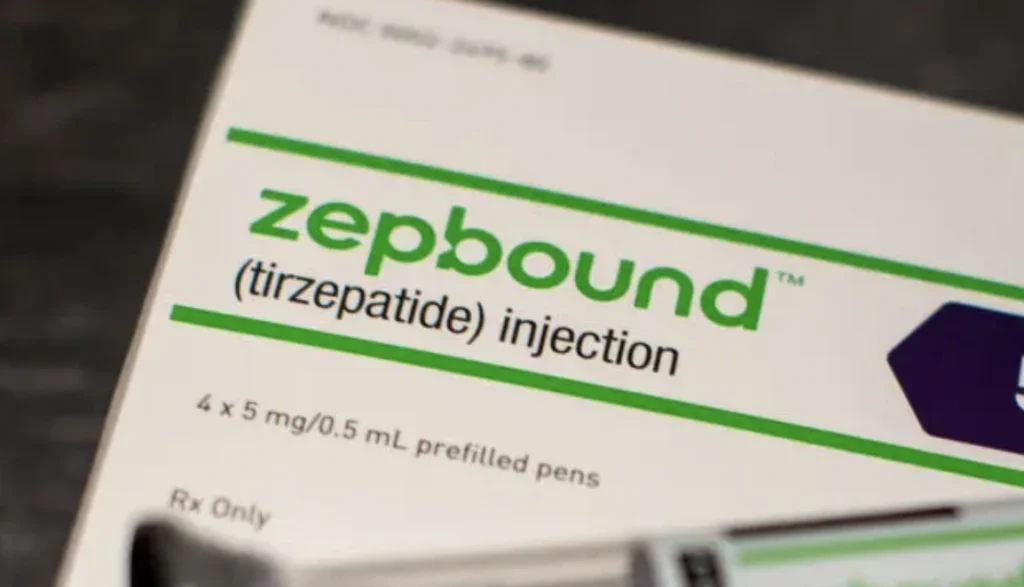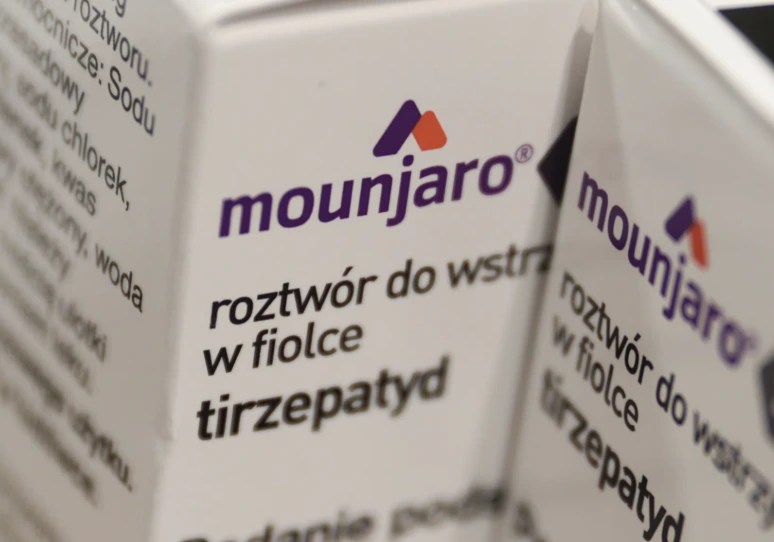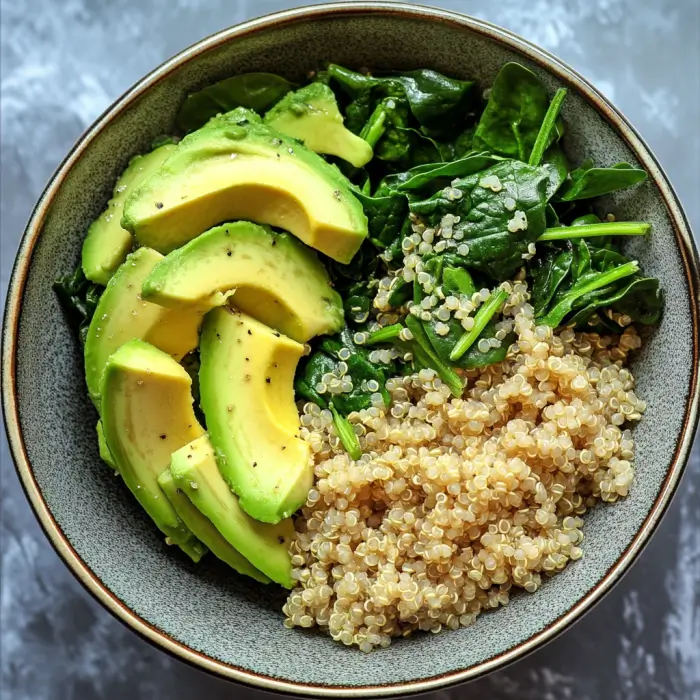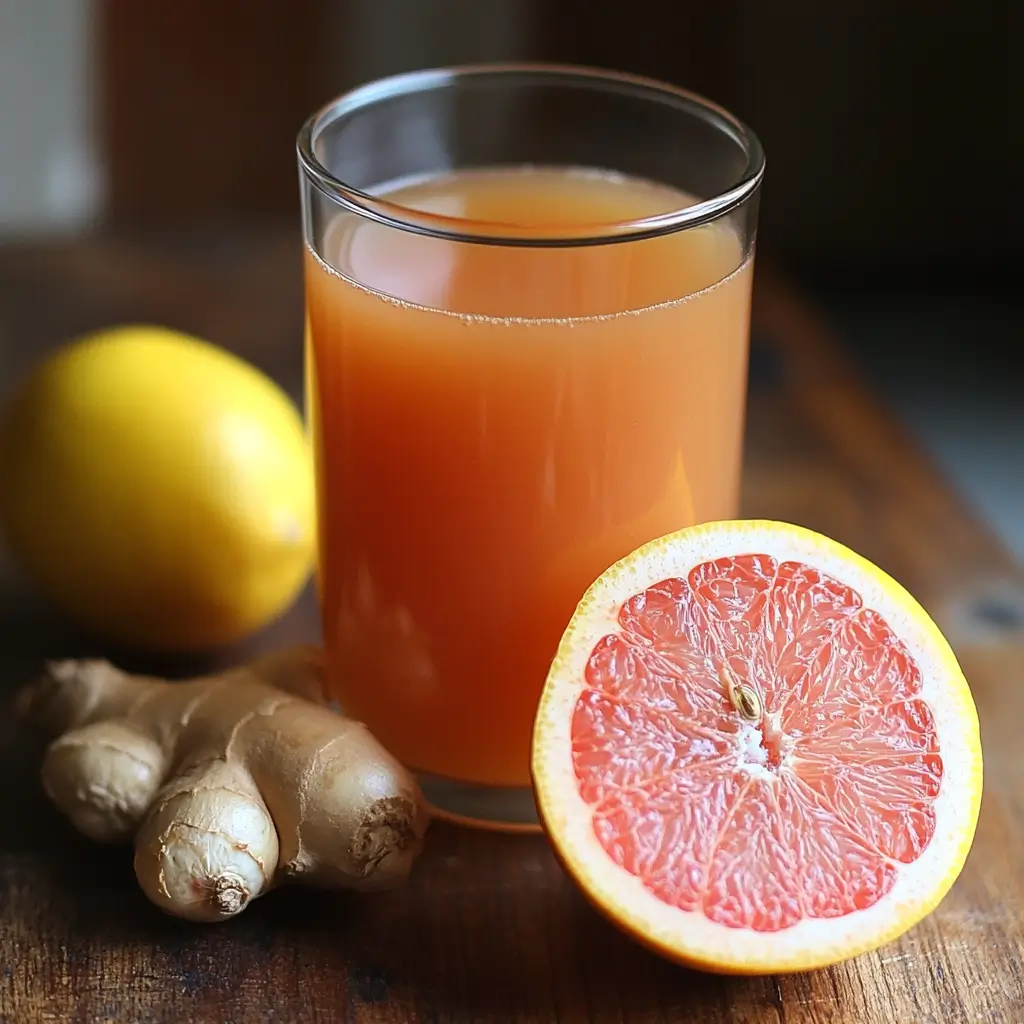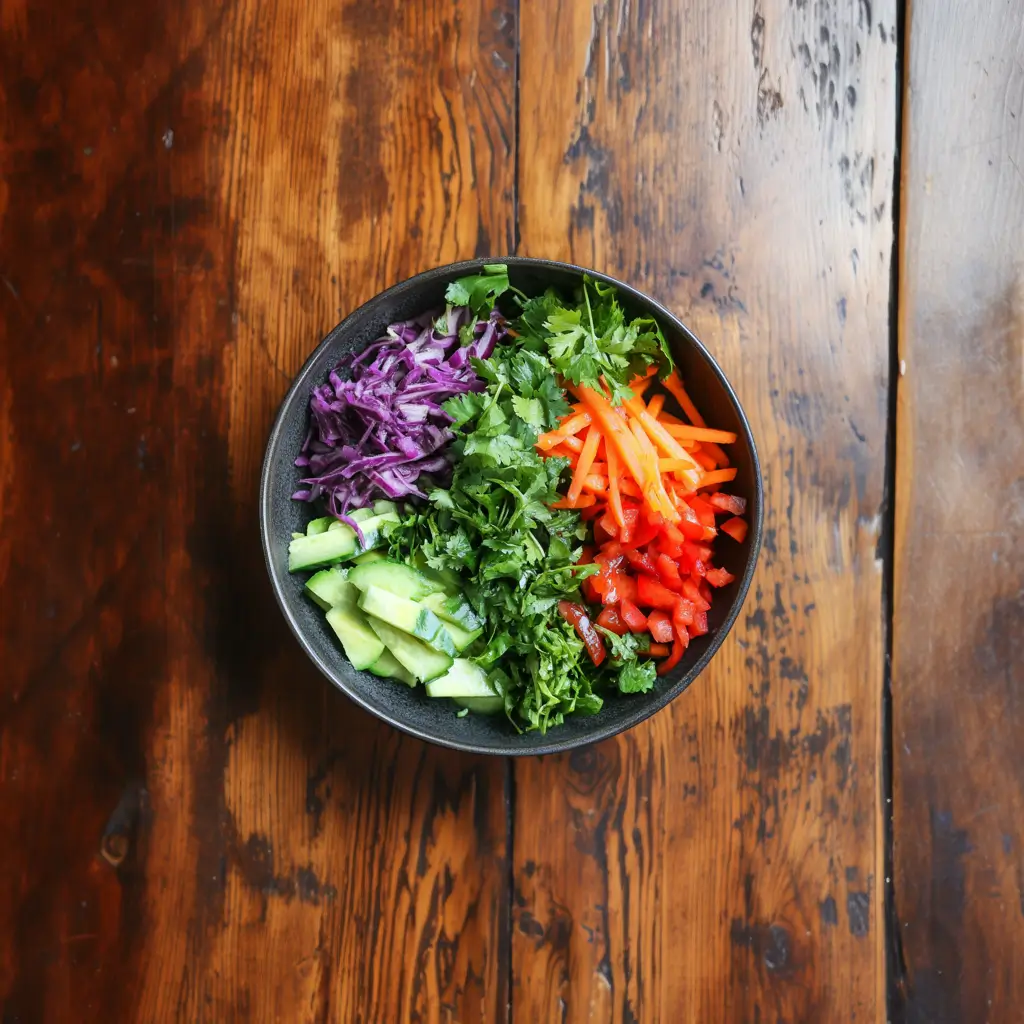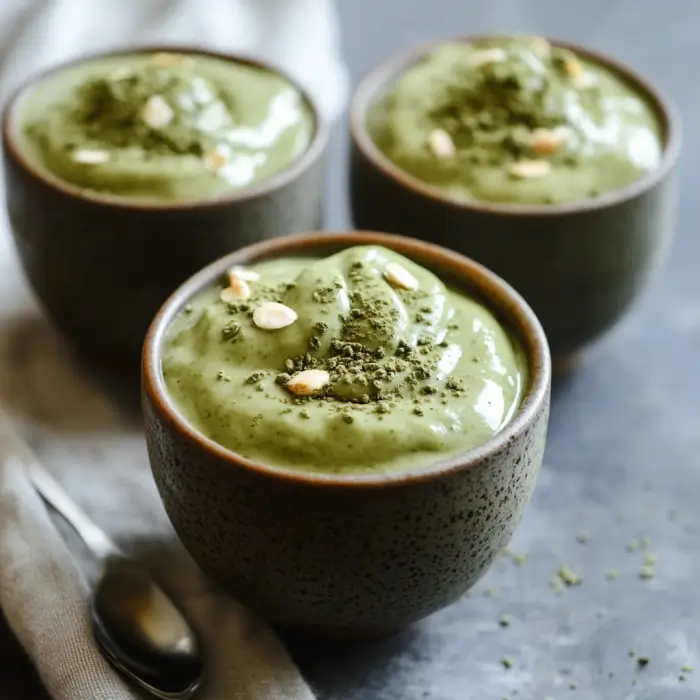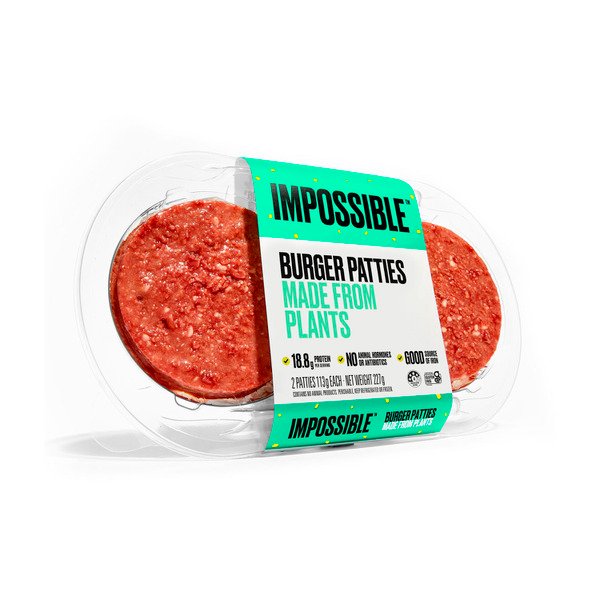
Is the Impossible Burger Really a Healthier Alternative to Beef?
With the rise of plant-based diets and increasing awareness of environmental sustainability, the Impossible Burger has gained significant popularity as a meat-free alternative to traditional beef burgers. Promoted as a healthier and more eco-friendly option, the Impossible Burger has sparked curiosity and debate among consumers and nutrition experts alike. But is the Impossible Burger really a healthier alternative to beef? Let’s delve into its nutritional content, health benefits, and potential drawbacks to find out.
Nutritional Comparison
When comparing the Impossible Burger to a traditional beef burger, it’s essential to look at the nutritional content. A standard 4-ounce Impossible Burger patty contains approximately 240 calories, 14 grams of fat, 9 grams of carbohydrates, and 19 grams of protein. In contrast, a similar-sized beef patty has around 290 calories, 23 grams of fat, 0 grams of carbohydrates, and 19 grams of protein.
Calories and Fat:The Impossible Burger has fewer calories and less fat compared to a beef burger, which might make it appear healthier at first glance. It also contains no cholesterol, while beef is a significant source of dietary cholesterol.
Protein:Both burgers offer a comparable amount of protein, essential for muscle maintenance and overall health. However, the Impossible Burger’s protein comes from soy and potato proteins, making it suitable for vegetarians and vegans.
Carbohydrates:The Impossible Burger contains 9 grams of carbohydrates, unlike beef, which has none. For those following a low-carb or ketogenic diet, this might be a disadvantage. However, the carbohydrate content is relatively low and includes 3 grams of fiber, which is beneficial for digestive health.
Health Benefits
Heart Health:The Impossible Burger is free from cholesterol and has less saturated fat compared to beef, which can be advantageous for heart health. High cholesterol and saturated fat intake are linked to an increased risk of heart disease.
Digestive Health:With 3 grams of dietary fiber, the Impossible Burger supports digestive health, whereas beef lacks fiber entirely. Fiber aids in digestion, helps maintain bowel health, and can contribute to a feeling of fullness, potentially aiding in weight management.
Dietary Preferences:For individuals who are vegetarian, vegan, or looking to reduce meat consumption for ethical reasons, the Impossible Burger is a suitable alternative that allows them to enjoy the taste and texture of meat without consuming animal products.
Potential Drawbacks
Processing and Additives:One of the main criticisms of the Impossible Burger is that it is a highly processed food. It contains a long list of ingredients, including soy protein concentrate, coconut oil, sunflower oil, and heme (an iron-containing compound derived from soy plants that gives the burger its meat-like taste and appearance). Highly processed foods can contain additives and preservatives that some consumers prefer to avoid.
Allergen Concerns:The Impossible Burger contains soy and potato proteins, which are common allergens. Those with soy allergies must avoid the Impossible Burger, and others may prefer to limit their intake of processed soy products.
Sodium Content:The Impossible Burger has higher sodium levels compared to a beef patty, with around 370 milligrams of sodium per serving versus approximately 80 milligrams in a beef patty. High sodium intake is associated with increased blood pressure and a higher risk of cardiovascular disease.
Environmental Impact
Beyond health considerations, the environmental impact of the Impossible Burger is a significant factor. Producing plant-based meat alternatives generally requires less water, land, and energy compared to beef production. It also results in lower greenhouse gas emissions, making it a more sustainable choice for those concerned about environmental impact.
Conclusion
The Impossible Burger presents itself as a healthier alternative to beef with its lower calorie and fat content, absence of cholesterol, and added fiber. It is a viable option for vegetarians, vegans, and those looking to reduce their meat intake. However, it is essential to consider the higher sodium content, the level of processing, and potential allergens. While the Impossible Burger may be a healthier option for some, particularly concerning heart health and dietary preferences, it’s not without its drawbacks. As with any food choice, moderation and balance are key. Understanding the nutritional content and potential health impacts allows consumers to make informed decisions that align with their health goals and dietary needs.






